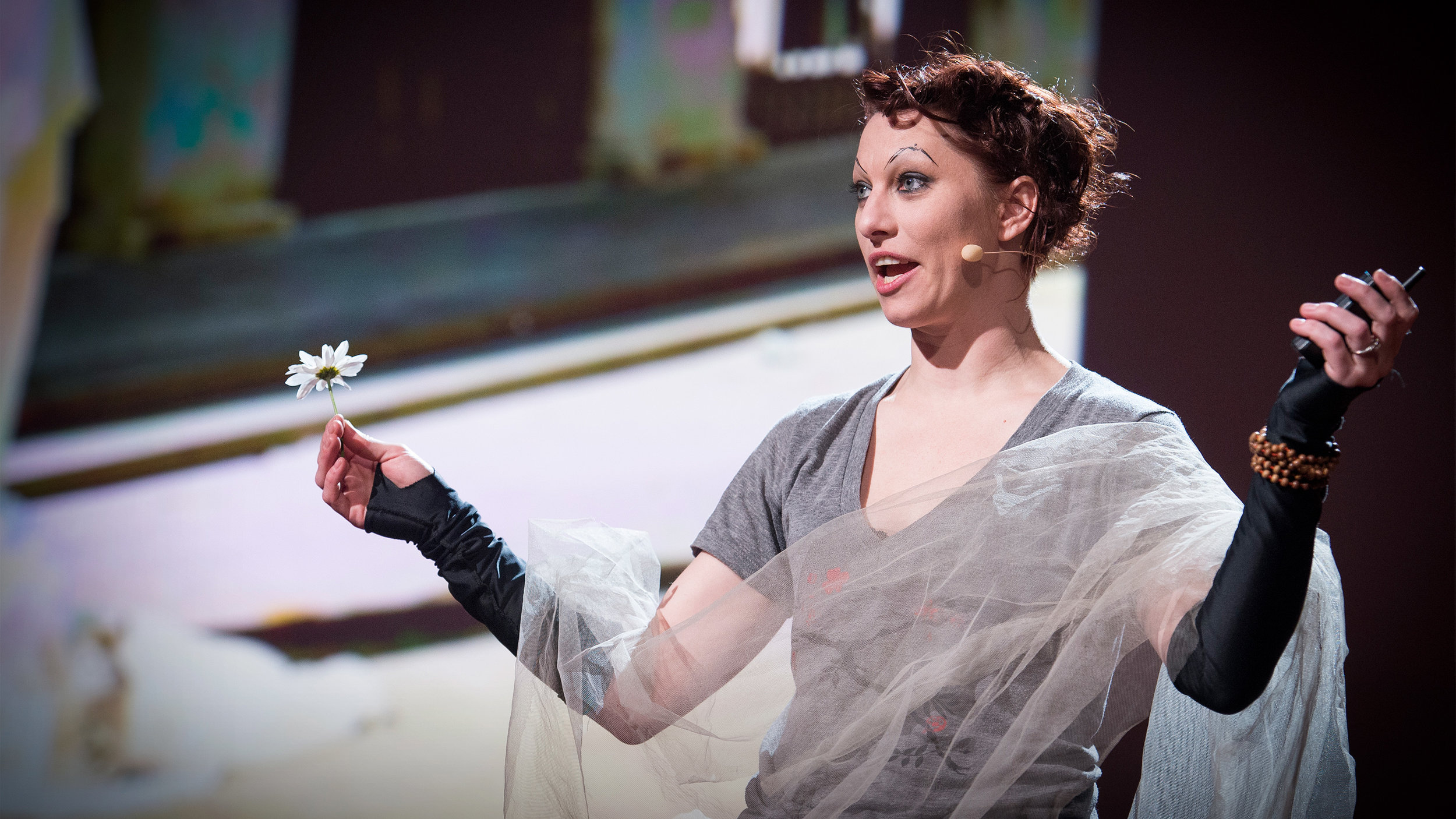Do you provide value to others, or only yourself?
This is the kind of coming-to-Jesus question I had to face when I embarked on the dissertation and subsequent research. But it's a question I faced to a lesser degree throughout my career. When you're paid a salary, you can argue your value. But when you submit a thesis, they don't call it a defense for nothing.You are, in every sense of the word, defending your idea as something that will add to the world. You are putting your career on hold. You are putting your good credit on the line (most of us are in sickening debt because of the choice to complete a dissertation). In the end, you are proving your optimism through the most depressing, rigorous, and gut-wrenching processes you can put yourself through.Yet, there are so many dissertations that don't really make the cut for interesting cocktail conversation. And it brings about a really odd kind of humor that can be pretty insular.When your writing about something you really care about, it’s hard to imagine that others wouldn't be interested. It's sort of like when I think it's hot and like the fan on, and my partner gives me, huddled with the dog and several blankets, with a look that can only say, "turn on the damn heat." I think it really is hot, not that it’s hot only for me. It feels like a fact to me, not an opinion.So when I do something that’s really valuable to me, it’s hard for me to imagine that it’s not valuable to others. I think it really is valuable, not that it’s valuable only for me. It feels like a fact, not an opinion.This is understandable. Our feelings feel like facts. It’s hard to imagine that they’re not.This is the problem of the "lonely writer," the “starving artist,” or the "nonprofit missionary."When someone creates something that feels important, powerful, and valuable to them, it’s hard to imagine that it’s not important, powerful, and valuable to others.But money only comes from doing something valuable to others.The starving artist pours his heart into a project that’s incredibly valuable to him, but not (yet) valuable to others. That’s why no money comes.The good news is there are two ways out of this problem, and either one can be fun, in the way that a 1,000-piece puzzle can be fun. :-)
#1: Productize your learning. Focus on making your "thing" more valuable to others.
Art doesn’t end at the edge of the canvas. Keep your creativity going. Constantly ask, “How can I be more valuable to an audience?” You may come up with ideas like this:
- Convert what you do to a personal service. Customize your work for hire.
- Spread a fascinating version of your history, so fans can get emotionally interested in you.
- Simplify. Simplify. Simplify, so that people don’t need sophisticated tastes to appreciate what you do.
- Find ways to be invitation-only. Think about membership versus likes, sales, and customers.
- Go where money is already flowing. Adapt what you do to match the needs of the communities most relevant to your product or servicece.
Then force yourself to try all the best ideas, even if it seems unnatural at first. Read books about business and psychology to get more ideas, since many brilliant minds are asking the same question from a different perspective. Do this repeatedly, paying attention to feedback from others, and you will become more valuable.Amanda Palmer is an American singer-songwriter who is the lead vocalist, pianist, and lyricist of the duo The Dresden Dolls. On April 20, 2012, Palmer announced on her blog that she launched a new album pre-order on Kickstarter. The Kickstarter project was ultimately supported by 24,883 backers for a grand total of $1,192,793 — at the time, the most funds ever raised for a musical project on Kickstarter. A widely reported and commented upon controversy emerged from the related tour when she asked for local musicians to volunteer to play with her for exposure, fun, beer, and hugs instead of money. She responded in the press and changed her policy to one of paying local musicians who volunteered to play with her on this tour. Read her book. Watch her TED talk. Though if you find that this makes you more miserable than excited, try the other way:
Though if you find that this makes you more miserable than excited, try the other way:
#2: Stop expecting it to be valuable to others.
Accept your "thing" as personal and precious to only you. Make your thing your side-hustle and find your money elsewhere.If you stop expecting your "thing" to be valuable to anyone but you, your conflicted mind can finally be at peace. Do it only because you love it, and it honestly doesn’t matter what anyone else thinks. You might even keep it private like a diary, just to be clear who it’s really for.You’ll probably be happier with your music because of this change in mindset. Ironically, others may appreciate it more, too, though you honestly won’t care.He has no book. He has no TED talk. But, if he's finding joy in what he's doing, maybe he doesn't need express himself that way.
 To make a change, most people don’t do enough. They do one small thing.And nothing happens.
To make a change, most people don’t do enough. They do one small thing.And nothing happens. You've started a shift. Maybe you moved that brick back to where it was, and then out again.Making a shift does not account for:
You've started a shift. Maybe you moved that brick back to where it was, and then out again.Making a shift does not account for:
 This is what most people envision as success. You will have "arrived" if life looks like the opposite. If you were depressed, this is what happy looks like. If you were in a slump, this is what energy and vitality look like. This new you sounds extreme and exciting. You will think you’re going to be completely changed.But, your history of doing things the other way is still there. So really this is what you needed to do: move one brick at a time, until you have a full spectrum of behaviors and visions of success to draw from. This is not the same as balance. This is about establishing small habits that lead to managing the teetering that happens when you go too far toward either end of the seesaw.
This is what most people envision as success. You will have "arrived" if life looks like the opposite. If you were depressed, this is what happy looks like. If you were in a slump, this is what energy and vitality look like. This new you sounds extreme and exciting. You will think you’re going to be completely changed.But, your history of doing things the other way is still there. So really this is what you needed to do: move one brick at a time, until you have a full spectrum of behaviors and visions of success to draw from. This is not the same as balance. This is about establishing small habits that lead to managing the teetering that happens when you go too far toward either end of the seesaw. By managing the middle (meaning you avoid extremes) new skills will sink in, and become your new normal.
By managing the middle (meaning you avoid extremes) new skills will sink in, and become your new normal.

 That’s OK. Now you’re working the middle a little more. This back and forth conversation with "both-and" starts to sink in and becomes your new normal way of thinking.
That’s OK. Now you’re working the middle a little more. This back and forth conversation with "both-and" starts to sink in and becomes your new normal way of thinking.
 Though if you find that this makes you more miserable than excited, try the other way:
Though if you find that this makes you more miserable than excited, try the other way:



